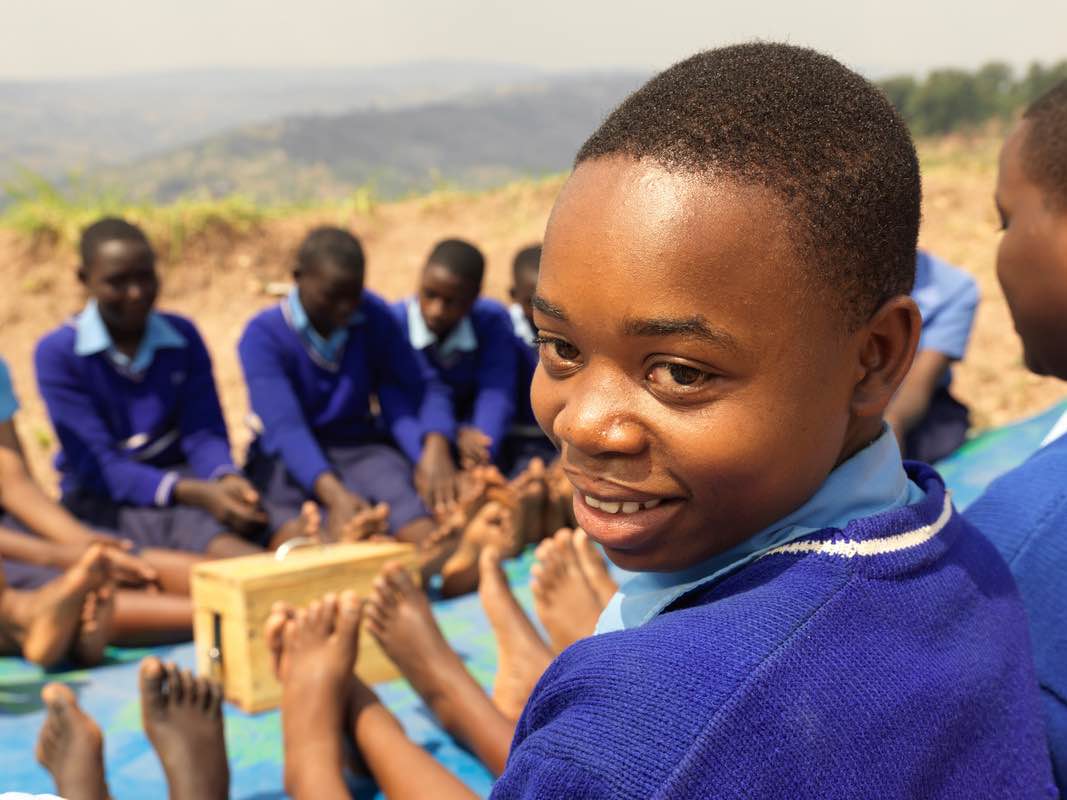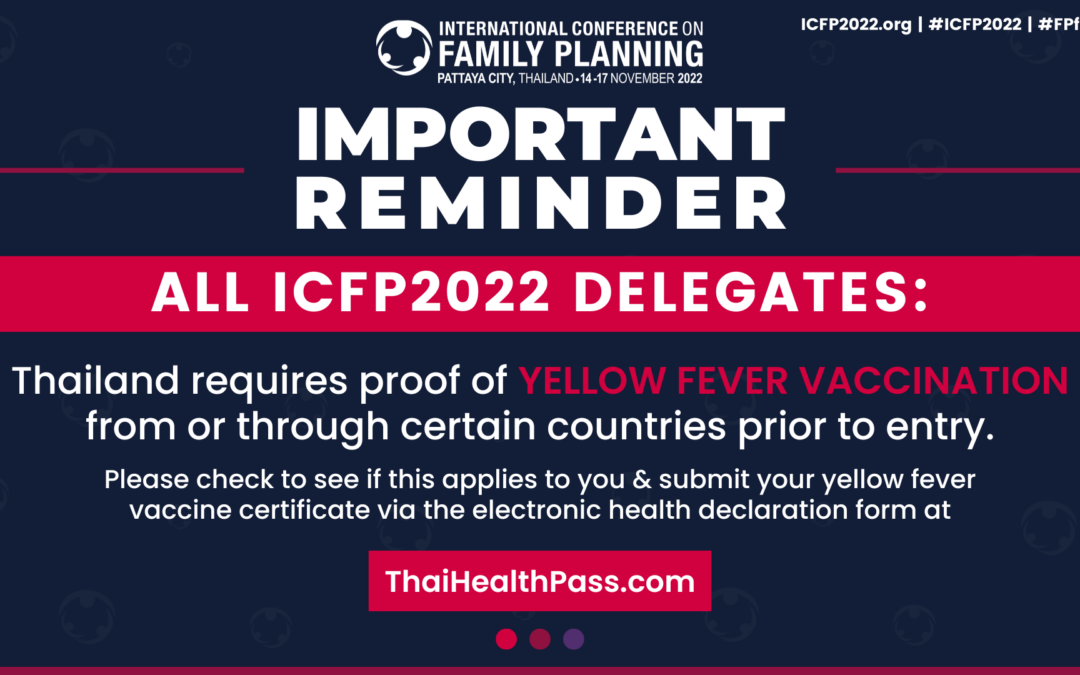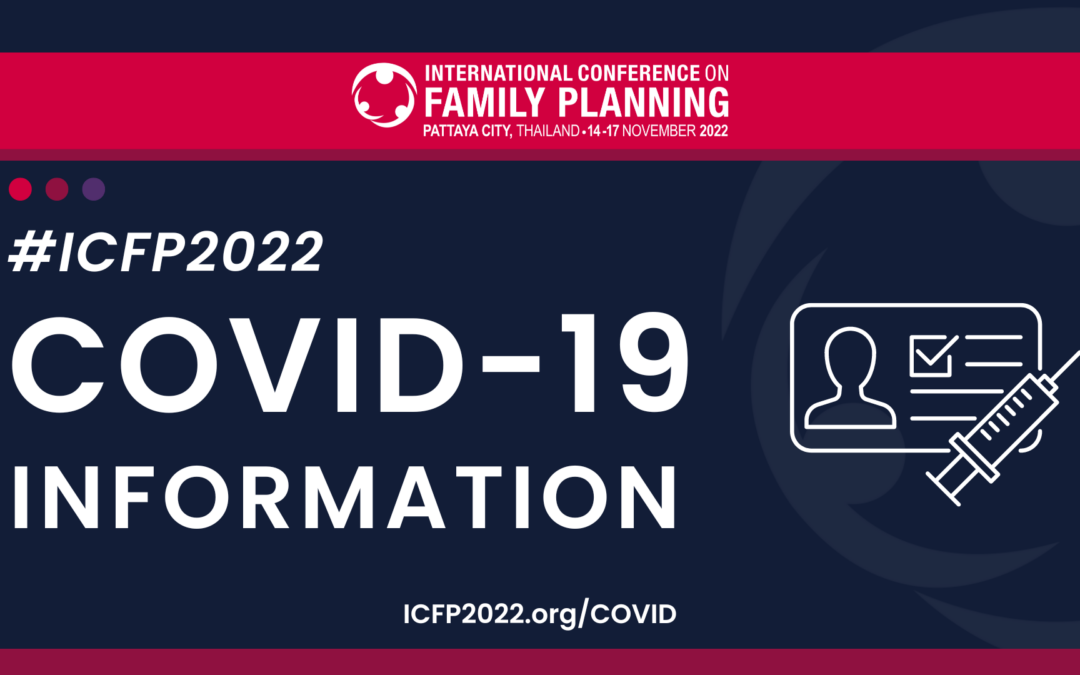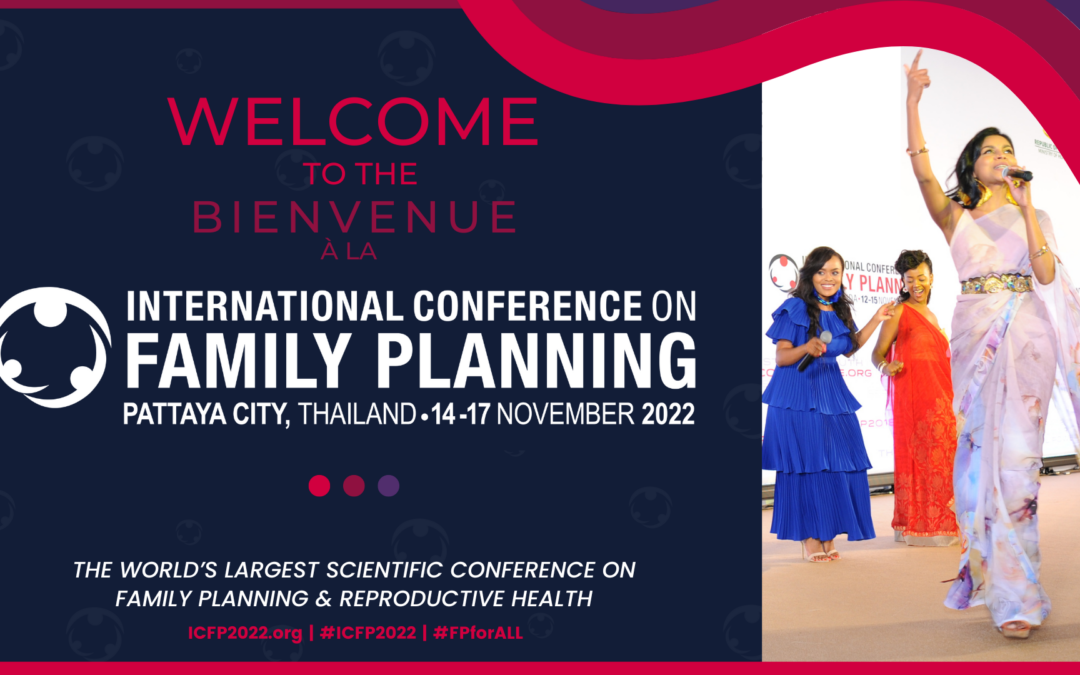Written by Olive Uwamariya, CARE
This article originally appeared on Girls’ Globe. Reposted with permission.

Photo by CARE/Peter Caton
This is the fourth and final blog in a series sharing personal family planning stories from around the world – presented by CARE and Girls’ Globe in the lead up to the 2018 International Conference on Family Planning. Catch up on the whole series with stories from Hawa, Parmila, and Oun Srey Leak.
Rwanda has made significant strides in empowering women and girls and ensuring they have access to affordable healthcare, including access to family planning.
Access to contraception has steadily increased from 17% in 2005 to 53% in 2015.
The government has decentralized and subsidized healthcare to ensure the most remote areas are reached and the most vulnerable communities can access services. However, the biggest unmet need for family planning is predominantly among young and unmarried women. In 2016 alone, 17,000 girls reportedly became pregnant before turning 18!
In 2016, the Government of Rwanda began providing comprehensive sexuality education in schools, however there is still a long way to go to ensure teachers are equipped with the skills and information needed to engage in age-appropriate, open and honest conversations with students.
I work for CARE in Rwanda, where I advocate for increased access to age-appropriate, integrated sexual and reproductive health services, rights, and education for in-school and out-of-school adolescent girls. Although the country has made notable progress in promoting women’s and girls’ rights in recent years, teenage pregnancies have continued to rise, leading to dire socio-economic and health consequences for Rwandan girls.
A few weeks ago, I attended an information session for young women in Kigali where a medical doctor explained available methods of contraception. I realised then that there is a lot young people do not know. But it made me wonder…
If the youth of Kigali don’t know how to prevent pregnancy or to take care of their sexual and reproductive health, what about women and girls who reside in rural areas where access to information and services is still a challenge – even a luxury?
In my time at CARE, I have seen the tremendous work the organisation is doing around the world to increase demand for sexual and reproductive health information and services, including contraception. Much of our work focuses on addressing underlying causes of poverty and vulnerability and helping communities to challenge harmful and negative socio-cultural norms that hinder women and girls from enjoying their rights and reaching their development potential.
Two weeks ago, I met a group of adolescent girls in Karongi District, Western Rwanda, where CARE is implementing the Better Environment for Education (BEE)project to increase chances of girls staying in school. During my visit, the girls talked to me about the various problems that they faced, including unwanted and early pregnancy. As I listened to their stories, I wondered whether we are doing enough to address these issues.
One particular 17-year-old stood out to me. As she narrated her story with teary eyes, she recalled the difficult time she went through when she found out she was pregnant, and described how she was abandoned by her family. She felt she had failed them and failed herself. At some point she was forced to quit school to raise her infant. But when the BEE project began, she decided to join one of the clubs and suddenly found hope. According to her, the clubs have provided a space and a voice for girls to talk and to get accurate and comprehensive sexuality education.
Although the local health centre is just a few metres away from the school and provides condoms and other contraceptive methods, young people in Karongi told me they feel judged and shamed when they go there to seek services that they are entitled to. The BEE project aims to address this as well by giving adolescent girls a platform to dialogue with the school administration and local leaders to express their needs.
Studies have shown adolescents are increasingly becoming sexually active before they turn 18 and this is a reality we should not ignore. Too often, in countries like Rwanda, adolescent girls do not have information regarding their changing bodies or sexuality in general.
Adolescent pregnancy undermines a girl’s ability to exercise her rights to education, health, and autonomy. It’s not only a health issue, but a human rights and development one too.
I believe that CARE’s integrated approach to empowering adolescent girls, including economic empowerment through savings clubs, sexuality education, addressing gender-based violence and engaging power holders such as parents, boys, school administration officers, and local leaders is powerful in ensuring the problem is addressed from all sides. I have no doubt that this will bring about transformation in the lives of girls and their communities.
We have no more time to lose.





